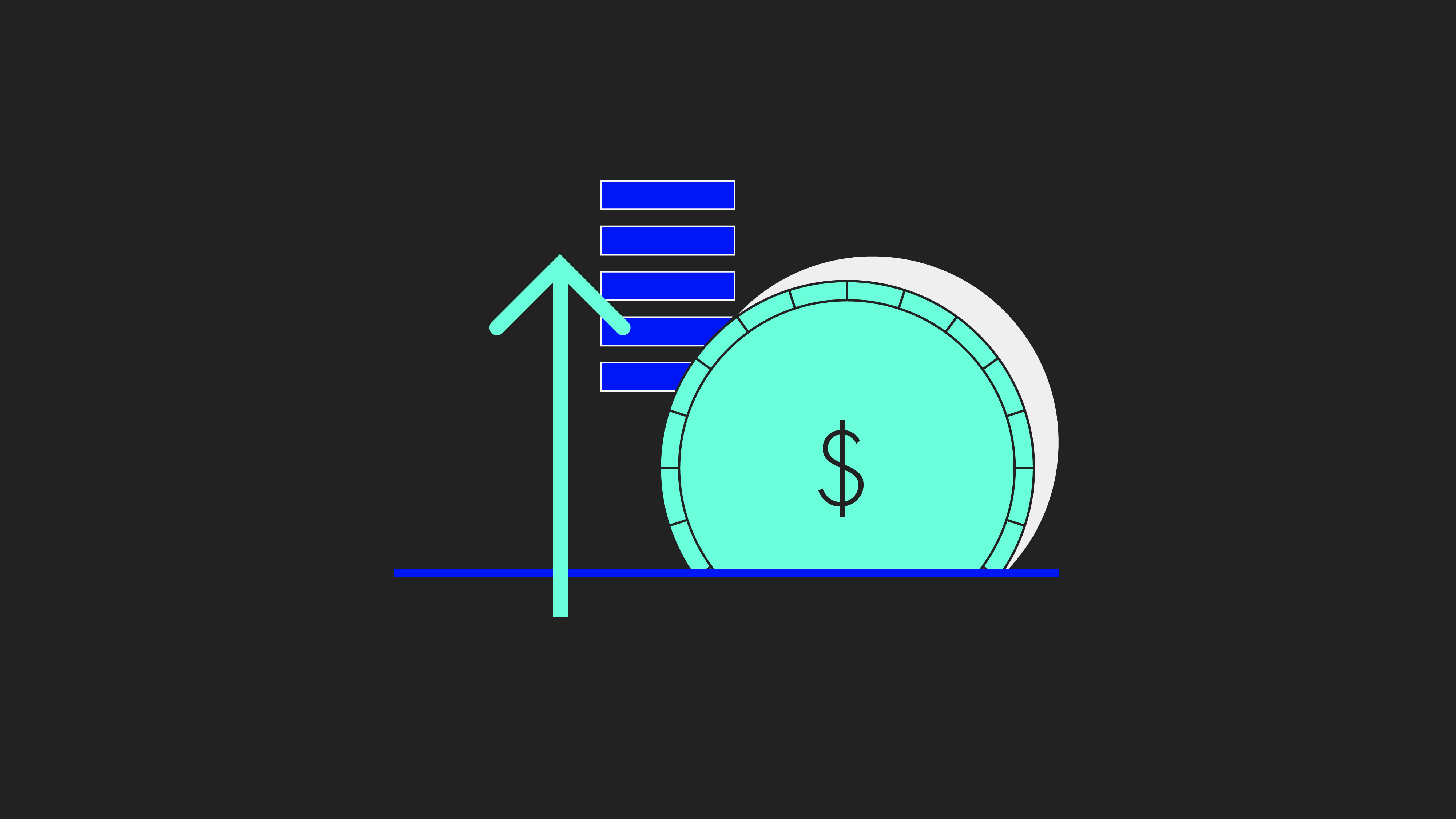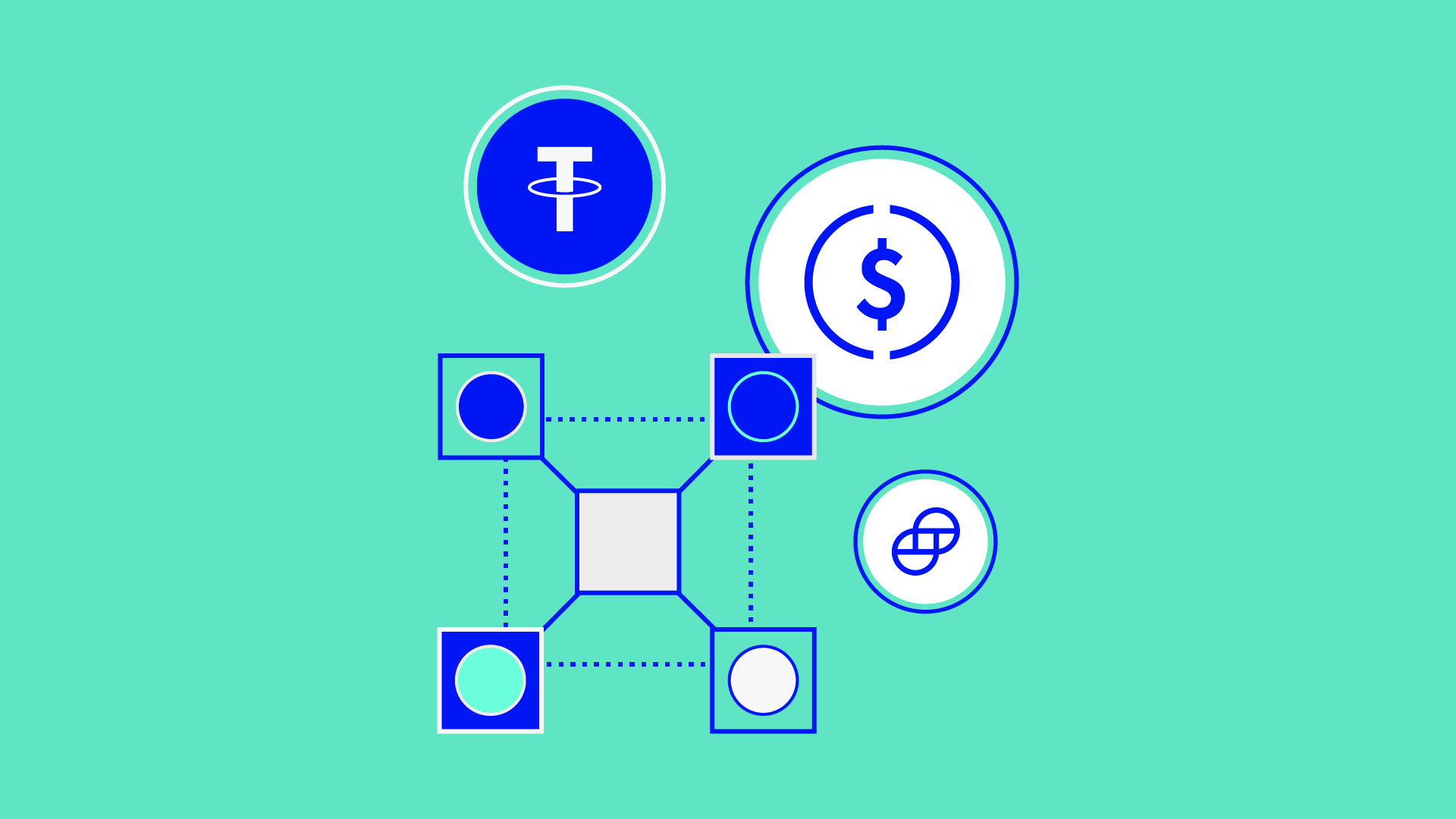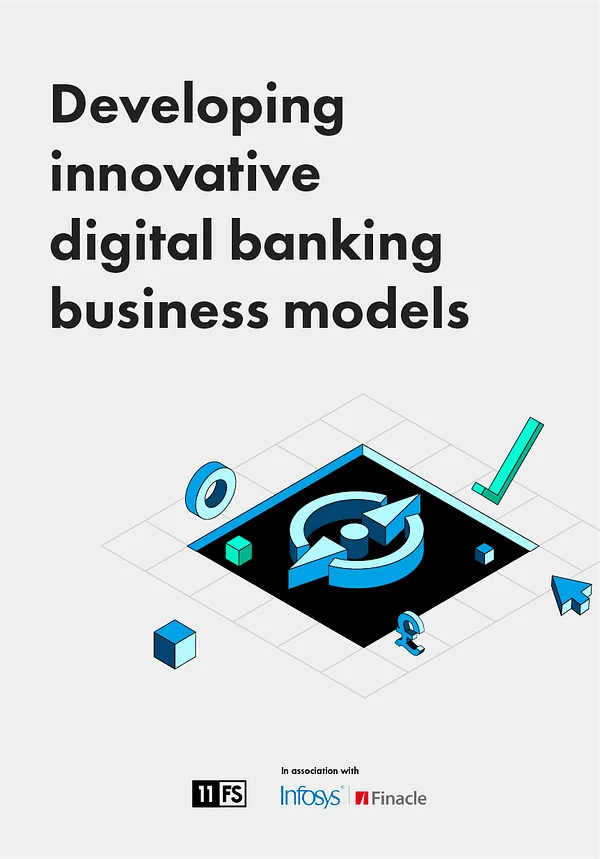
Savings

Can neobanks reach the underbanked in Eastern Europe?
I wrote about the underbanked phenomenon in Eastern Europe a few weeks ago. Mainly I talked about which basic services are used, not used, and why.

4 fintechs fighting the cost-of-living crisis
Around the globe, millions are feeling the pinch as the cost-of-living crisis continues. The biggest fall in living standards since records began is forecast in the UK, while inflation rates are starting to cool after a tumultuous year across the pond.

Why is instant access to money still a myth?
They say time is money, right? Well, what about time to money – how long it takes for money to be available for you to use.

4 fintechs teaching the UK about money
We’ll say it till we’re blue in the face - FS companies need to do more to improve their users’ financial literacy. And that goes for kids too.

US fintechs using design to create impactful savings products
Credit cards are a mainstay of American life. As many parents teach their kids, using a credit card responsibly from a young age can lead to both financial and practical benefits later in life, such as better rates on loans and greater access to housing.

DeFi & Stablecoins: Africa's new savings vehicle
Africa is the most worthy market for mainstream adoption of decentralised finance. Why? I could go on and on about the underbanked, underserved populations and fragmented remittance ecosystem - while that’s all valid, the biggest pain point in my mind is currency devaluation. Volatile currencies make it difficult for Africans’ savings to hold their value. Solving for currency devaluation will provide the beachhead for the adoption of Decentralised Finance (DeFi) across Africa.

After a bumper year, what's next in the savings and investment market?
Over the course of the pandemic the UK's financial habits have changed, which is no surprise when you see how people's circumstances have been impacted:
No items here
No items here

960
Insights: The future of Revolut with UKCEO Francesca Carlesi
The UK banking battlefield has never been more competitive. Customers expectfinancial apps that are personalised, seamless, and that genuinely make a differenc...

960
Insights: The future of Revolut with UKCEO Francesca Carlesi

960
Insights: The future of Revolut with UKCEO Francesca Carlesi
The UK banking battlefield has never been more competitive. Customers expectfinancial apps that are personalised, seamless, and that genuinely make a differenc...

960
Insights: The future of Revolut with UKCEO Francesca Carlesi

960




.svg)
.svg)

